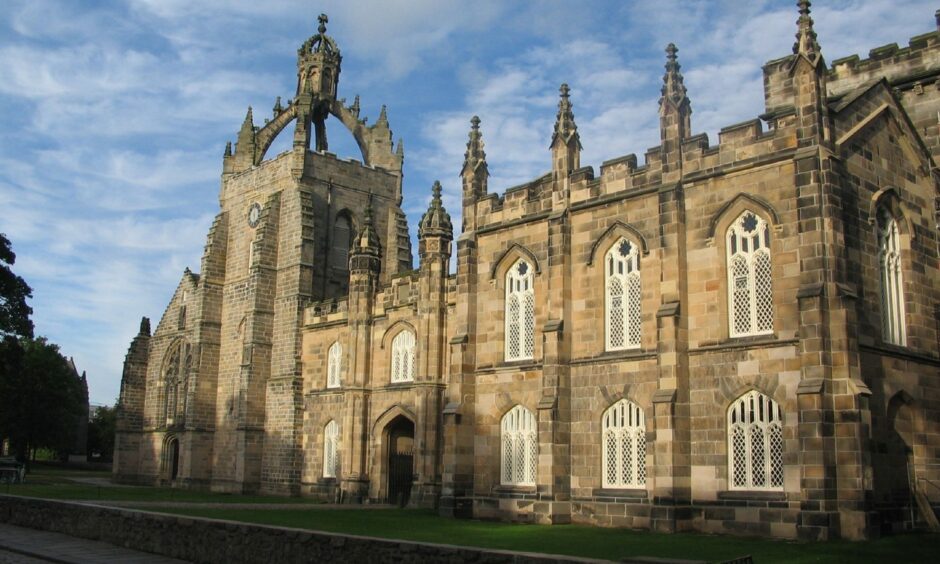There may soon be a cure for a broken heart.
Aberdeen University is all set to trial the first ever treatment for broken heart syndrome – takotsubo cardiomyopathy – by offering cognitive therapy and exercise.
Scientists will trial the programme for people who have been diagnosed with the condition following a £300,000 grant from the British Heart Foundation.
Takotsubo cardiomyopathy is generally a short-term or temporary type of heart condition. It can be triggered by an intense emotional or physical stress. It causes sudden chest pain or shortness of breath.
Aberdeen University has led the way on research into the little understood condition, which was only recognised in the late 1990s.
5,000 people in the UK have the condition
The condition affects around 5,000 people in the UK each year, with at least 7% of all of heart attacks diagnosed as broken heart syndrome.
Research has shown that women are far more likely to experience the condition than men.
Currently there is no evidence base for an effective therapy that helps alleviate symptoms or to help people live longer.
Trial to run for three years
The new trial, which will run for three years, will recruit 90 people from across Scotland within three weeks of them experiencing an episode.
Participants will either take part in personalised exercise conditioning, a programme of cognitive behavioural therapy or be part of a control group.
All participants will receive detailed heart investigations at baseline and again at three months.
David Gamble of Aberdeen University said: “Takotsubo cardiomyopathy, or broken heart syndrome, remains a comparatively poorly understood condition. It is vital that we develop a high-quality evidence base to guide clinicians in the management of this condition.
“In many clinical intervention trials, we are attempting to make incremental improvements to existing treatments, but as broken heart syndrome is at such an early stage there is no established treatment to use as a base.”
‘A huge step forward’
Associate medical director at the British Heart Foundation, James Leiper added: “Takotsubo syndrome is a sudden and potentially catastrophic heart condition which has only been recognised in recent years.
“As such, these trials to find the first ever treatment for the condition are a huge step forward and will play a significant role in increasing our understanding of this neglected area of cardiology.”


Conversation